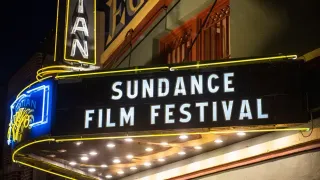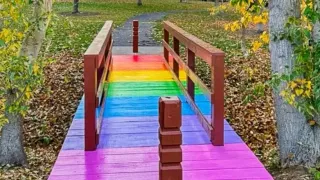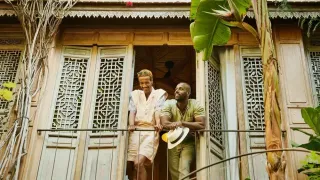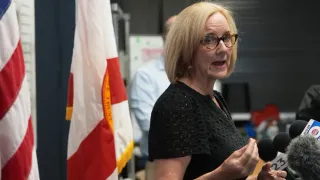September 23, 2015
Off the Air: Trump Boycotts Fox News Over Campaign Coverage
READ TIME: 1 MIN.
Donald Trump says he's done appearing on Fox News shows for the "foreseeable future" because he doesn't like the network's coverage of his presidential campaign.
The billionaire businessman and leading Republican candidate tweets that Fox News has been treating him "very unfairly" and that he's going to stop appearing on its shows.
But a Fox News spokeswoman says that Trump only announced his boycott after the channel canceled a scheduled Trump appearance on "The O'Reilly Factor" Thursday.
She says in a statement that when coverage doesn't go Trump's way, he engages in personal attacks on Fox anchors and hosts.
She says the behavior has "grown stale and tiresome."
Trump has been feuding with the network since the first GOP primary debate, when he objected to the moderators' questions.






